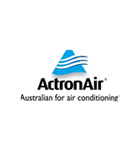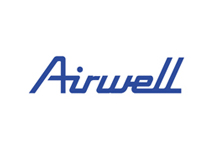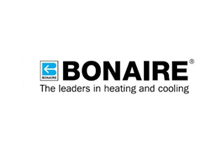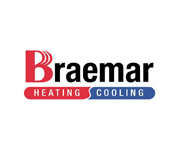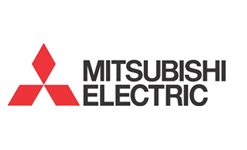Gas Ducted Heating vs Reverse Cycle
When it comes to choosing a heating system, it is easy to get confused with so many options out there. Two of the most popular options are gas ducted heating and reverse cycle systems.
It has long been believed that ducted gas heating is a more cost-efficient way to heat your living space. In recent years, however, there has been overwhelming evidence to suggest otherwise.
Experiments conducted by Sustainability Australia suggest that, on average, it is cheaper to run a reverse cycle heating (and cooling) system than a gas heater. Although the energy star rating of the equipment will have an impact on running costs, reverse cycle heating is starting to be seen as the most cost-effective option.
Why Is a Reverse Cycle System Better?
Traditionally, gas may have once been the best choice for heating systems, but steadily rising gas prices and other economic factors mean reverse cycle systems are now generally the better choice. According to the Melbourne Energy Institute and the Alternative Technology Association, up to one million Australian homes could be saving hundreds of dollars each year by switching to a reverse cycle system.
The Melbourne Energy Institute says that:
Space-heating cost savings of $1,733/year (a savings of 77%) were modeled for a large home in Canberra and $658/year (63%) for a large home in Melbourne. Unfortunately, householders are unaware of these remarkably-large and quick savings because of out-of-date and inaccurate information. It is possible that in Victoria alone, households could collectively and immediately save in the order of $250 million/year by simply turning their gas heaters off and using the reverse-cycle air conditioners they already have in their homes.
Additionally, those who have a solar energy system are able to run a reverse cycle system at a much lower cost, a benefit that gas heaters simply cannot offer.
As more homes come around to the benefits of solar energy and gas prices continue to rise, reverse cycle systems are quickly becoming the preferred method of heating.
With more energy-efficient reverse cycle systems also entering the marketplace, it is becoming the obvious choice for those wanting to reduce their heating bill.
What Other Benefits Do Reverse Cycle Systems Offer?
Aside from the decreased cost of running a reverse cycle system (vs Gas), a reverse cycle system does not have the potential to put out carbon monoxide gas (an odourless and potentially lethal gas produced in the combustion process in gas heaters). Therefore, they also don’t require maintenance as frequently as a ducted gas heater. While an annual service will keep your reverse cycle heater in good condition and running efficiently, regular carbon monoxide testing is not a safety requirement.
When it comes to functionality, reverse cycle systems are the clear winner as well. The ability to function as both a heater and an air conditioner means the reverse cycle system has excellent seasonal adaptability.
How Can I Get These Benefits?
If you already have a RAC (reverse cycle air conditioner), you can get start saving immediately. The Melbourne Energy Institute found that there are “between 500,000 and 1,000,000 homes (particularly in Victoria) where RAC have already been installed but the householder is not aware that using the RAC in winter can be the cheapest way to heat their home”. If this is the case, all you have to do is switch off your gas heating and start using the reverse cycle system instead.
If you don’t have a reverse cycle system and are relying on your costly gas heater, that’s where the professionals come in. The team at Ideal Air are experts at replacing these gas heaters with reverse cycle systems. If you want more information or a consultation, feel free to get in contact with our team.
In Summary:
- • Rising gas prices and the development of high efficiency reverse cycle systems means that reverse cycle options are a less expensive choice than ducted gas heating.
- • The quality of any heating system is important when it comes to savings. The more energy stars, the better.
- • Reverse cycle systems generally save you money, are more convenient and provide both heating and cooling.
- • With solar generated electricity, a reverse cycle system will cost very little to run.
- • Reverse cycle systems do not pose a health rise through the production of carbon monoxide gasses.
- • Ideal Air can change over a gas system to a reverse cycle system, saving you money from today.
If it’s time to replace your old gas heater, you may want to strongly consider switching to a reverse cycle air conditioner as the more convenient and cost effective way to heat (and cool) your home.
It all comes down to your individual priorities. If you’re looking for the most efficient heater that also scores high on comfort, ducted gas may be an ideal choice.

